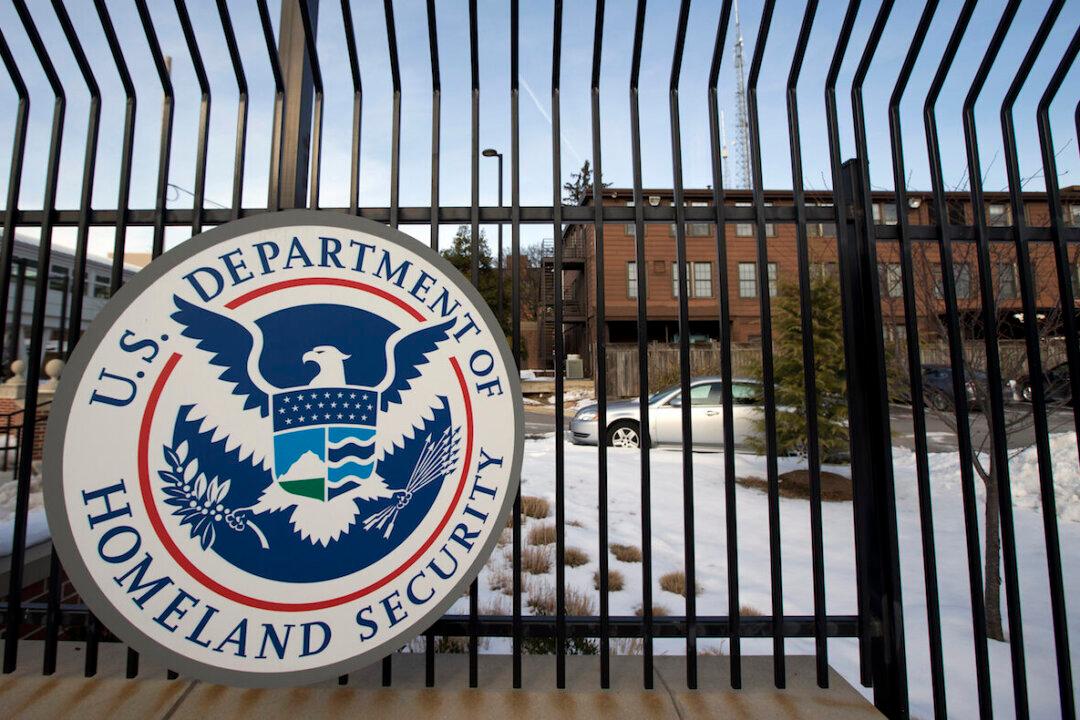The Department of Homeland Security (DHS) Acting Secretary Chad F. Wolf on Jan. 4 issued a new National Terrorism Advisory System (NTAS) bulletin following the killing of top Iranian military official General Qassem Soleimani by U.S. forces in Iraq.
Wolf said that the DHS doesn’t have information about any “specific, credible threat” to the United States at this time but warned that “Iran and its partners, such as Hizbollah [also spelt Hezbollah], have demonstrated the intent and capability to conduct operations in the United States.”




